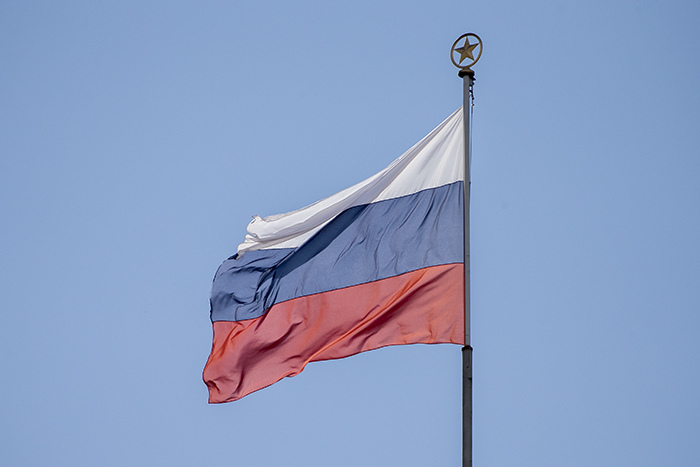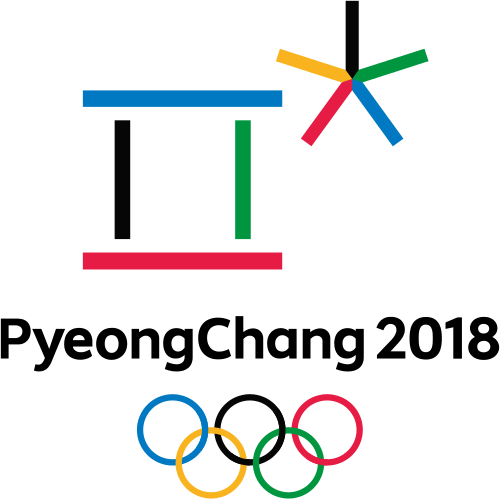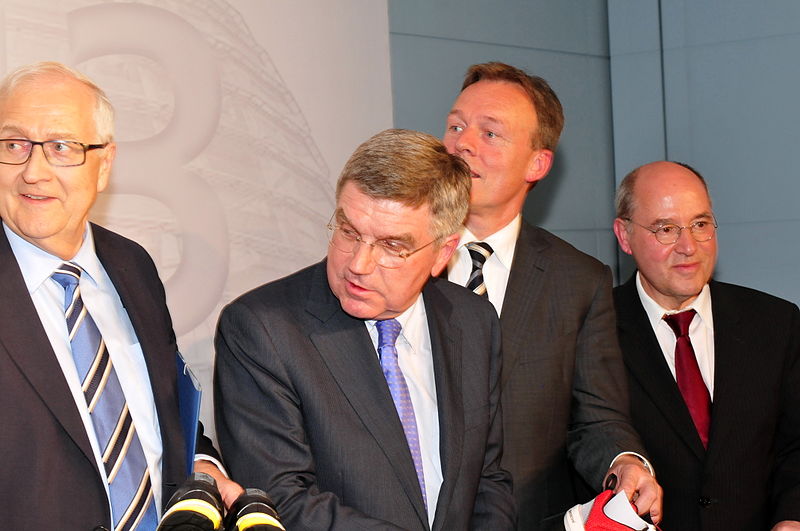On PEDs, Politics and Pyeongchang
 http://bit.ly/2qD0WAP
http://bit.ly/2qD0WAP
The recent ban on Russian athletes competing in the upcoming 2018 Pyeongchang Winter Olympics has been interpreted by some as a major victory for clean sport, and by others (particularly Russia itself) as an act of political ostracism symbolic of broader anti-Russian sentiments on the international scene. To contextualize this decision, a history of similar Olympic disputes will first be presented, followed by an examination of the 2018 ruling, and lastly by an analysis of the two sides responding to the ban.
Though the Olympic Games have long been noted for their capacity to serve as a powerful platform for social progress and protest, as in the case of Jesse Owens’ unprecedented triumph in 1936 and the world-famous black power salutes of the 1968 Games, they have equally served as sites on which political divisions have manifested themselves in drastic ways. The influence of the Cold War on the Olympics in the 1980s is one prominent example of such an intersection between politics and athletics on the international scene.
Barely a year before the 1980 Games, which were to be held at the epicentre of the Eastern bloc in Moscow, the USSR invaded Afghanistan, a decision met with much international controversy. The President of the United States, Democrat Jimmy Carter, was especially critical of the move and immediately considered a US boycott of the Games among other political responses. The boycott ultimately did materialize, receiving support from around 60 countries, though the West was not unanimous in its response: England and France still opted to participate in the Games. Carter’s decision to send Muhammad Ali, the notorious activist-athlete, as an envoy to sell his boycott backfired in the end. Ali found himself compelled by some of the anti-boycott arguments and failed to persuade many additional countries to lend their support. The Games did go on, but suffered greatly from the absence of major Western competitors, leading to near-total Soviet domination of the podium.

Four years later, the Olympics shifted to the other side of the world in Los Angeles, and the Soviets announced a boycott of their own on May 8th, 1984. Claiming that its athletes would not be safe from a hostile political climate in America, the USSR withdrew and was followed by several other members of the communist bloc. Though not as large in scale as the 1980 boycott, and not as intertwined with ongoing conflicts, the competitive impacts were similar as the United States claimed an overwhelming proportion of medals awarded.
Boycotting was not the only means by which bitter Cold War rivalries manifested themselves. Beginning in the 1960s, East Germany sought to establish itself as a major Eastern bloc force on the international scene and become more competitive with its neighbour to the West. In order to accomplish this, the East German government established a large-scale state-sponsored doping program, in which steroids were administered primarily to its female athletes. Gold medals and world records inevitably ensued, but came at a great human cost: among the once-secretive details that came to light after the fall of the Berlin Wall was the fact that steroids had at one point been given to 12-year old girls.
Fast forward to 2016, and the echoes of the 1980s do not seem so distant. Amid accusations of widespread doping prior to the Rio Olympics, the International Olympic Committee took a restrained approach, requiring individual Russian athletes to prove their innocence to their respective federations. This allowed athletes to still compete under the Russian flag, of which 271 of 389 were ultimately cleared. The IOC Rio decision was met with some controversy internationally as too lenient, as a report was drawing damning conclusions regarding the state of Russian athletics. In November 2017, the World Anti-Doping Agency (WADA) essentially corroborated the facts presented by the McLaren Report. Initiated by Canadian law professor Richard McLaren, the report alleged that Russia had engaged in a state-sponsored doping program from 2012 to 2015, boosting its results in a wide variety of sports. As an organization originally created by the IOC, WADA can make suggestions to the IOC but cannot make binding decisions regarding Olympic bans or sanctions. As such, there were worries that the IOC would once more take a cautious approach similar to that it employed in Rio, but these fears were unfounded. In early December, the IOC announced a ban on Russia competing in the 2018 Pyeongchang Winter Olympics. Clean athletes may still be allowed to compete in the Games under strict conditions, but they will do so as “Olympic Athletes from Russia” and will not be able to compete under their country’s flag.

Though Russian President Vladimir Putin has made it clear he will not oblige Russian athletes to boycott the Olympics entirely, the domestic reaction has been one of perceived persecution and of distrust in the IOC and WADA. Ilya Kovalchuk, a famous Russian ice hockey player who spent a number of years in the NHL and currently plays in Russia, went as far as to call the decision “pure politics”. The Russian Olympic Committee took a more moderate stance, considering the decision contradictory but pointing out that clean athletes are technically still allowed to compete. Almost all major US sport organizations praised the decision as just, also hailing the international agencies involved as champions of clean athletics. Sen. John McCain of Arizona claimed the decision should bring into question Russia’s hosting of the 2018 FIFA World Cup, although FIFA has denied that the IOC decision will have any effect as of yet.
The strong evidence contained in the McLaren Report makes the Russian accusations of collusion appear overblown. With that in mind, however, one cannot entirely characterize this ban as entirely apolitical. Russia has been embroiled in international controversy in recent years over its seizure of Crimea, its support for the Assad regime in Syria, and the increasingly autocratic nature of its head of state. Most of these issues have placed Russia in contrast with the United States, which has expressed near-unanimous praise for the international agencies responsible for the ban. Skeptics can similarly point to the McLaren Report as merely the result of selective investigation. If one thing is known about steroids, it is that they are exceptionally effective. It thus ought to be suspicious whenever one supposedly clean athlete defeats another athlete who has been or is later found guilty of doping.
The rigour and relentlessness of WADA is to be celebrated, no doubt, and the full elimination of doping from sport should forever remain an Olympic priority. With that in mind, one can only hope that such efforts will be as impartial and apolitical as physically possible, and that clean athletes will not find themselves caught in the crossfire.
Edited by: Thea Koper
